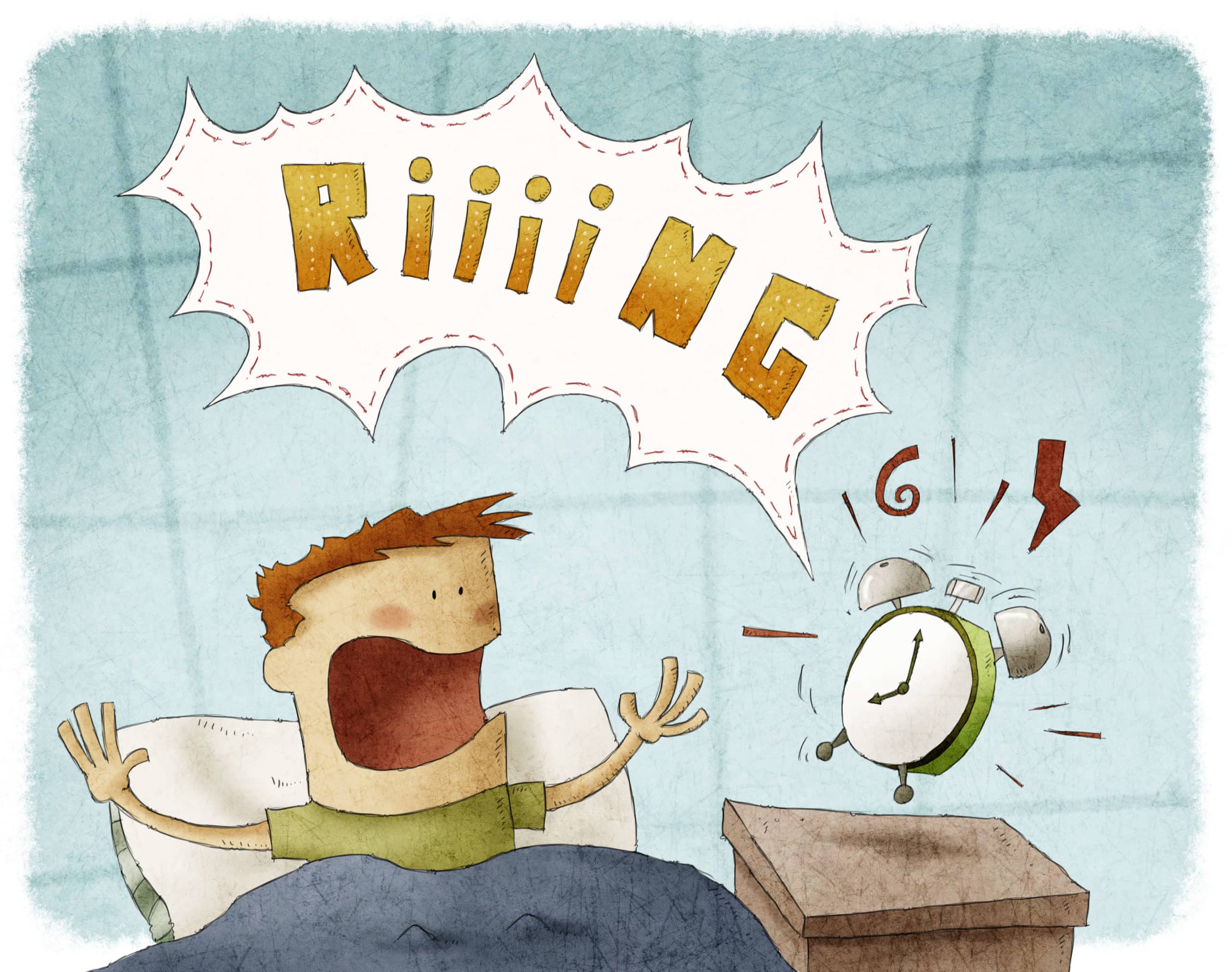Poor quality rubbish
Here’s a problem I see a lot. There’s an issue, in this case countries in the EU not recycling enough rubbish, so the EU decide to drive the right behaviour. They have done this by targeting countries to recycle 50% of their waste by 2013. All good stuff. But what has happened? The quality of the recycled material is proving to be so poor that it’s being rejected by some of the downstream customers (in this case the paper mills). It seems that no-one had sat down and tried to think through the most stupid behaviours possible to make the measure go the right way (recycled volume) whilst not achieving the underlying objective (effective recovery of energy and materials from the waste stream). Here’s the original article.
How do we avoid faulty or partial measures like this? I think you need a few good representatives of the people (or group) being measured. They need to be in a relaxed situation, where there’s no repercussions from being honest. Then you simply ask them “What’s the most stupid thing someone could do to make this measure “go in the right direction” whilst defeating the purpose of the measure?”. My experience is that people are great at this (if they are close to what is being measured) and it also builds buy-in to the new measures as a happy side-effect.







How true, Bernie. As a Process Excellence profssional, I too have worked for companies who do not have the right KPIs and so their reporting ends up being used as a door stop propping open the office doors, sometimes quite literally. Although the questions to ask themselves are really quite simple, the thought process that must go into getting the answers can be challenging and more time consuming than many managers / executives expect. As we all know, however, the effort is worth it to obtain the right measurements.
While I totally agree with your article, there is something you need to know about the example you are using.
While the EU have set targets, they have also linked this to a financial penalty directly linked to landfill quantity. Basically, the more over their target they go, the more it costs the local authority. The outcome is that recycling is not done due to the EU targets, but due to the councils wanting to evade the potential fine. The fact that quality is reducing is not a concern of the people setting the target so why would you expect them to make it a part of their KPI?
What it does show is that there are always unintended consequences to simplistic measures to change behaviour – the trick is to push that change outside your area of responsibility! (Yes, I know its immoral, but its what people do! ;)